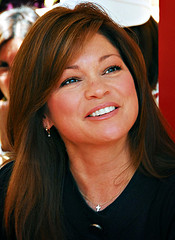 Did you know that one brand can get a restraining order on another brand? Now, before you say, “only in New York,” let’s take a look at all the facts.
Did you know that one brand can get a restraining order on another brand? Now, before you say, “only in New York,” let’s take a look at all the facts.
- Weight Watchers and Jenny Craig are intense competitors in the weight loss industry.
- Jenny Craig (owned by Nestle) released a television commercial that claimed people who use the Jenny Craig weight loss system lose twice as much weight as people who use the Weight Watchers weight loss system.
- In the Jenny Craig ad, celebrity spokesperson Valerie Bertinelli read a script that stated the comparison claim was based on a scientific study.
- Weight Watchers filed a lawsuit stating the Jenny Craig claim is false and citing evidence that the claim was based on two different studies (which both intended to research something different than a Weight Watchers comparison), conducted 10 years apart and based on an ‘older’ Weight Watchers weight loss system.
- The court ruled in Weight Watchers’ favor believing the Jenny Craig claims ‘were not supportable’ and gave Weight Watchers International a temporary restraining order against Jenny Craig. Weight Watchers wants the ad pulled and seeks monetary damages.
- We can assume an appeal will follow based on a precedent-setting case in 2009 related to false claims about Activa in Dannon Yogurt, which was settled for $35 million.
So those are the facts. What do you think?
There is no doubt that comparative advertising can work. It’s been around for a long time. In fact, today’s comparative advertising is tame in comparison to claims from half a century ago (or more). Of course, not all comparative advertising is equal. In fact, some of it is quite extreme (‘attack advertising’). You can read more about my views on comparative advertising in this post on Corporate Eye.
The bottom-line is this: now that the precedent has been set, I think it’s safe to assume that the number of brand or advertising restraining orders could grow. It’s certainly food for thought when creating your own ad campaigns. The long term damage that comparative advertising can cause to your brand just might outweigh the short term gains.
Image: Flickr
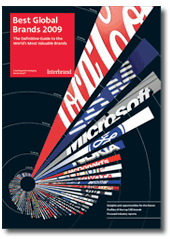 For the ninth year in a row, Coca-Cola tops
For the ninth year in a row, Coca-Cola tops 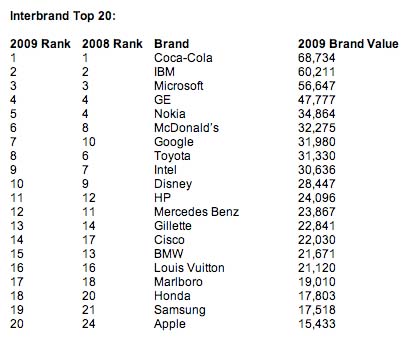
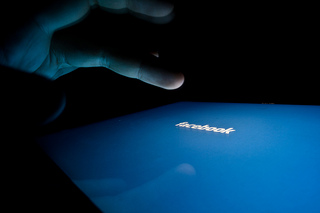 A new study from Wildfire Interactive that analyzed a random sample of 10,000 Facebook campaigns found that coupons drive the highest response rates. In fact, Facebook campaigns with coupons saw 61% higher response rates than campaigns with giveaways, which ranked second in terms of response rates. On the other hand, the report found that pick your favorites Facebook campaigns are shared the most (21% more than the next most shared type of campaign — quizzes).
A new study from Wildfire Interactive that analyzed a random sample of 10,000 Facebook campaigns found that coupons drive the highest response rates. In fact, Facebook campaigns with coupons saw 61% higher response rates than campaigns with giveaways, which ranked second in terms of response rates. On the other hand, the report found that pick your favorites Facebook campaigns are shared the most (21% more than the next most shared type of campaign — quizzes).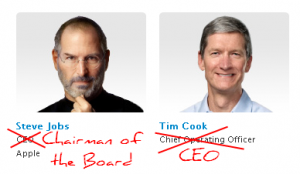 Steve Jobs resigned as Apple CEO today via
Steve Jobs resigned as Apple CEO today via